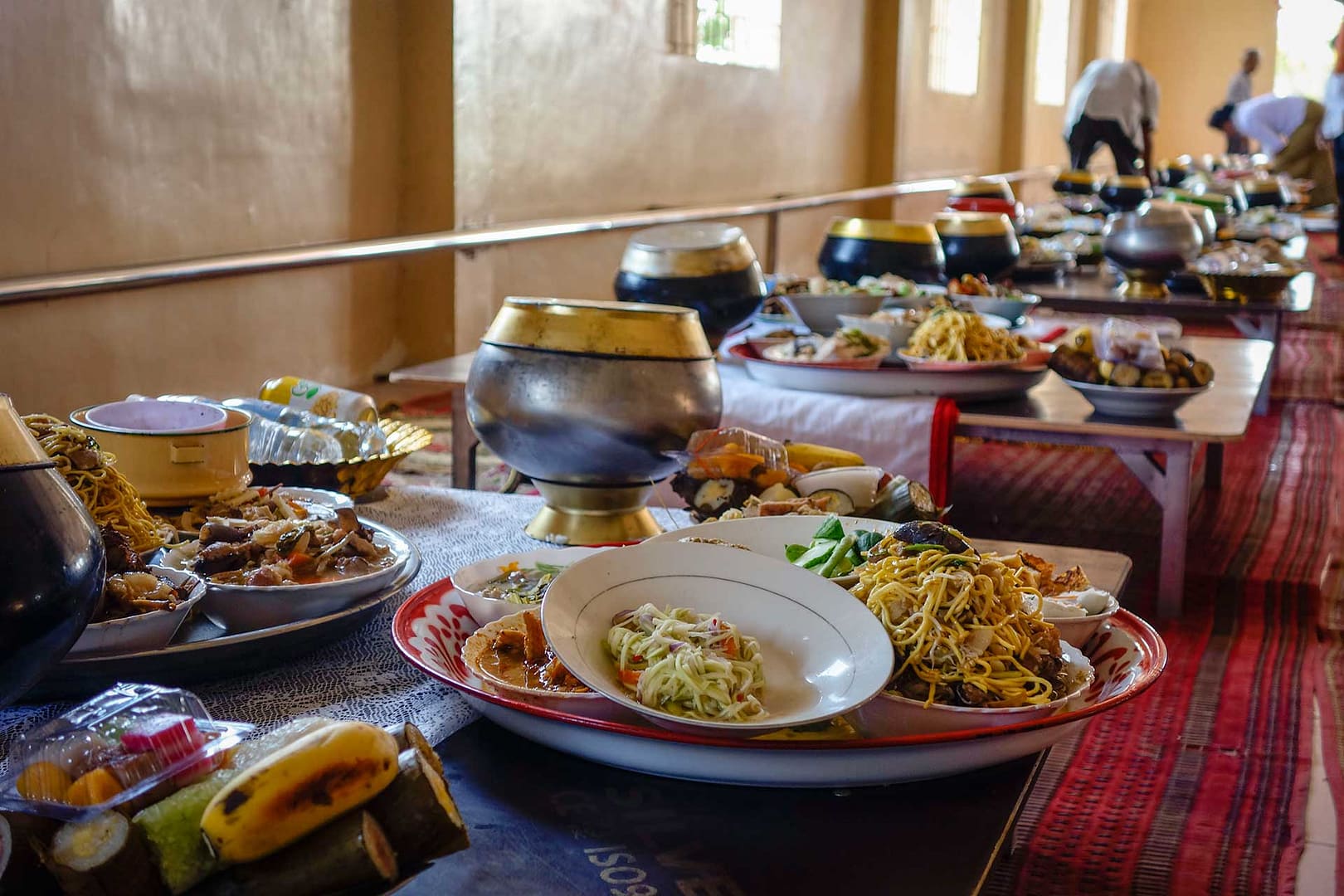
Last month, CFI celebrated Pchum Ben, a week-long national holiday for Cambodians to pay respect to their ancestors. During Pchum Ben, people working away from home will travel to their home village to spend time with their family and make offerings of food, robes, candles, and incense to monks at the local temples. According to tradition, these offerings are actually made to the ancestors, so that their ghosts will not starve in the coming year. It is one of the biggest celebrations in Cambodia culture, second only to the Khmer New Year in April.
While this is a time of joy, it is also a break from the regular schedule of daily life, and with these changes come increased risks for children who live in already precarious situations. These risks can take many forms. Last year, a young girl and her 5-year-old sister narrowly escaped sexual assault, when a distant relative, in town for the celebration and under the influence of alcohol, came into her bed in the middle of the night. Other students don’t come back to school after the break, having been coerced into moving to Thailand for work with relatives who returned home for the holidays. These types of stories are far from uncommon and put a grim veil on an otherwise happy time.
Fortunately, we are happy to report that no incidences occurred over the holiday! This is yet another positive outcome from CFI’s decentralized social work approach. Leading up to Pchum Ben, CFI social workers created safety plans with many families, especially those families that CFI assessed as having a high risk over the holidays. The plans gave each family information on what to do if there were any problems over the break and where to get support if it was needed. CFI also set up an emergency contact line that families could call if an issue arose.
During the break, CFI did not receive a single call, and all of our students came back to school the following Monday. The team was both relieved and energized. Not only did we prevent any incidences during the Pchum Ben holiday, but we received further affirmation that our approach to child protection is helping to build strong and stable communities for the 250 students in our program.

Leave A Comment